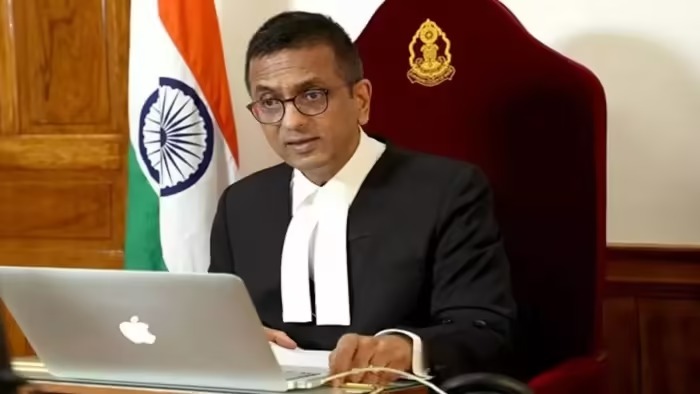
New Delhi: The Supreme Court on Thursday said the fundamental right to equality guarantees factual equality and not formal equality and that classification is acceptable if the status of different individuals is not equal.
What did the Chief Justice say?
Chief Justice DY Chandrachud, writing his 140-page majority judgment, said the Constitution allows valid classification provided two conditions are met: first, there must be a clear distinction that distinguishes the individuals in the group from others in the group. A clear distinction means a distinction that can be understood.
Second, the distinction must have a rational connection with the purpose sought to be achieved by the law, i.e., the basis of classification must be related to the purpose of the classification. The judgment considered whether the principle of sub-classification violates Article 14 (right to equality).
All individuals are unequal in one aspect or the other: CJI.
Justice Chandrachud said that all persons are unequal in one aspect or the other. In some situations, even a person can be considered a class in itself. In that case, the law mustn't make micro-classifications. The Chief Justice said that the sub-classification of Scheduled Castes by the states is subject to judicial review if a constitutional challenge arises.
What did the CJI say about the states?
He said that whenever the action is challenged, the state will have to justify the basis of its action. The basis of sub-classification and the model followed for it will have to be justified based on empirical data collected by the state. In other words, the state will have to exercise sub-classification based on data, it cannot work only according to its own will or political convenience.
Referring to the Mandal judgment on quotas, the Chief Justice said that implementing sub-categorisation therein was not restricted only to other backward classes (OBCs). He also said that sub-categorisation within the Scheduled Castes does not violate Article 341(2) as castes are not included or excluded from the list of Scheduled Castes.
Sub-classification would violate the said provision only if certain castes or groups included in the Scheduled Castes are given preference or special benefit in all the seats reserved for the class. Article 341(2) states that Parliament may include or exclude any caste, race or tribe from the list of Scheduled Castes.
--Advertisement--

 Priya
Priya Share
Share



